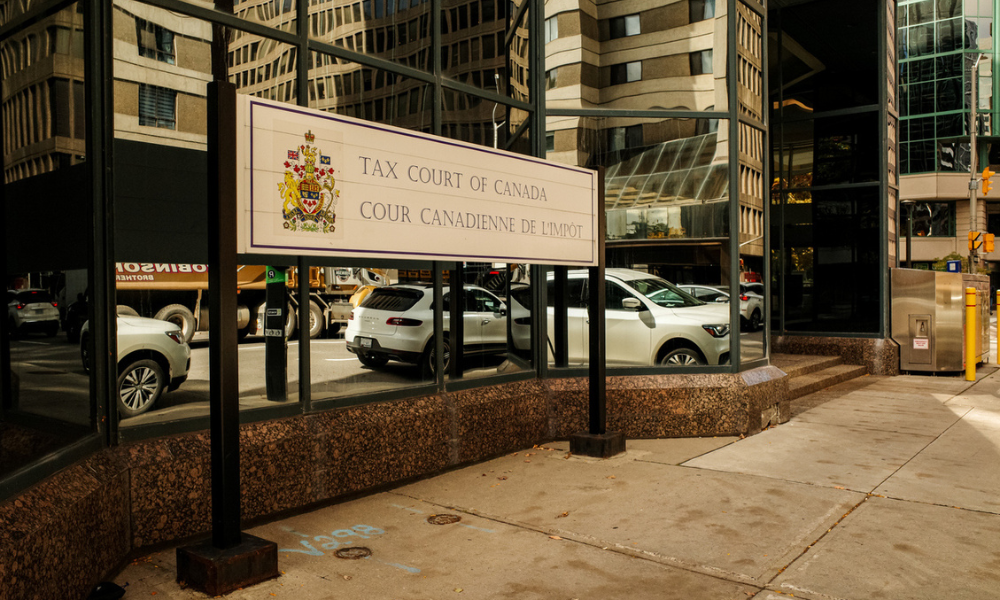Injured wins appeal against Insurance Corporation of British Columbia

A judge of the lower court failed to compare an injured party’s likely future earnings if the accident had not occurred with her likely future earnings after the accident happened, the B.C. Court of Appeal recently said.
In February 2014, the appellant was injured as a passenger in a rear-ended car. At the time, she was 19 years old, was working full-time at a retail company, and was earning minimum wage. According to the judge’s findings, the accident caused her fibromyalgia; chronic back pain, which continued until the present and which would likely continue into the future; and anxiety, which developed into depression and into a panic disorder for several months.
The appellant’s symptoms eased enough that she felt ready to go back to the workforce, to school, or to both by mid-2018, the judge also found. However, in November 2018, she had an unrelated stroke that caused loss of peripheral vision and cognitive difficulties such as language function and memory problems, which disabled her from working for around a year.
Most Read
The judge awarded the appellant damages of $200,000 for loss of earning capacity. He reached the following conclusions:
- The capital asset approach was appropriate for quantifying the appellant’s claim for loss of future earning capacity
- There was a real and substantial possibility that the injuries caused by the motor vehicle accident would limit her future earning capacity
- Her total absence from the workforce for the six years before trial, five of which the accident caused, would make it difficult for her to find employment
- Her “youthful age of 26,” enthusiasm, motivation, close and supportive family, and the improvement in her symptoms offset this difficulty to some extent
Damages award increased
In McHatten v. Insurance Corporation of British Columbia, 2023 BCCA 271, the B.C. Court of Appeal allowed the appeal, set aside the $200,000 award for loss of future earning capacity, and varied that amount to $450,000.
The appellate court noted that the judge’s findings clearly provided that the appellant’s injuries due to the accident would affect her future earning capacity and would reduce her capacity for work by 30 to 40 percent. The Insurance Corporation of British Columbia presented economic evidence establishing likely earnings for the appellant without injuries from the accident. The parties agreed that the court should use the converged male/female statistics.
Thus, the appellate court deemed it appropriate to reassess the damages because the unchallenged factual findings and the evidentiary record were sufficient and because the interests of justice strongly weighed against ordering a new trial, in line with this court’s ruling in Neufeldt v. Insurance Corporation of British Columbia, 2021 BCCA 327.
The appellate court concluded that it should set aside the award for loss of future earning capacity due to the following errors in the judge’s reasons. First, the appellate court determined that the reasons were insufficient to permit it to review the award, given that it could not discern the basis for the award from the reasons or from the record.
Second, the appellate court accepted that the judge correctly chose the capital asset approach. But the appellate court found that the judge failed to analyze the experts’ economic evidence in comparing the appellant’s likely future earnings with and without the accident.
Third, the judge identified positive and negative contingencies that supposedly resulted in a net negative contingency of 30 percent. However, the judge addressed only the appellant’s likelihood of returning to the workforce after a six-year absence when he was listing the factors to reach the 30-percent discount, the appellate court noted.
The appellant’s likelihood of returning to work was only one factor for assessing the applicable contingencies, the appellate court explained. More importantly, the parties did not allege that the court should base the award of damages on the appellant never working again, the appellate court added.










